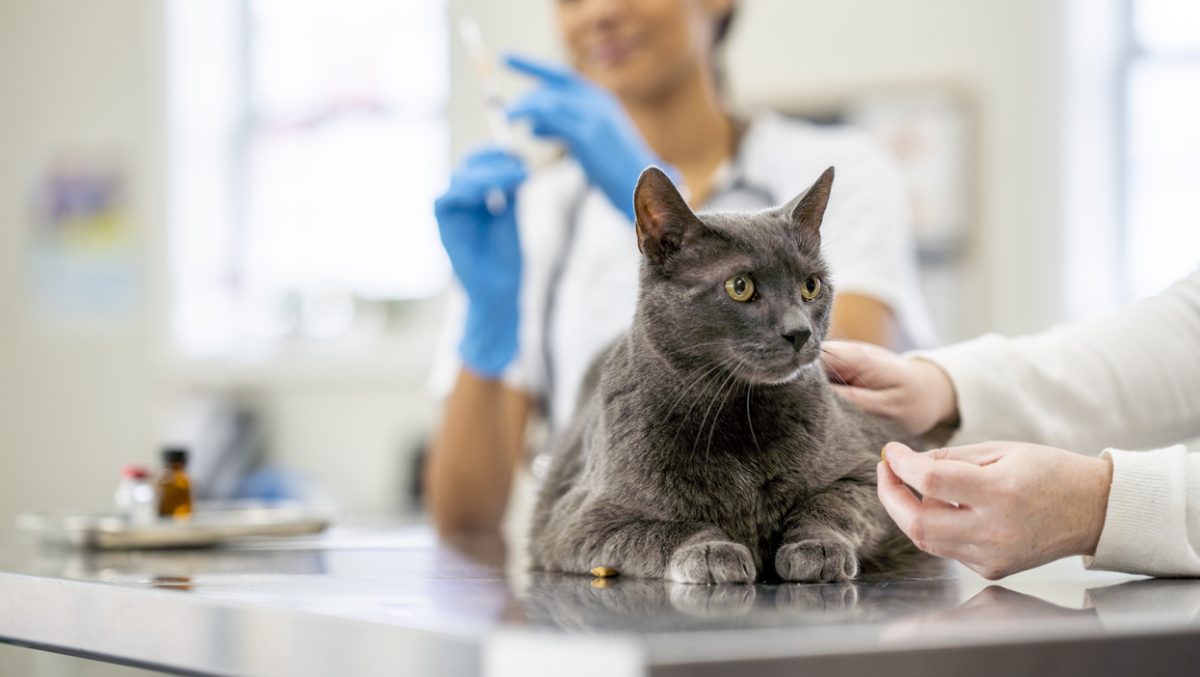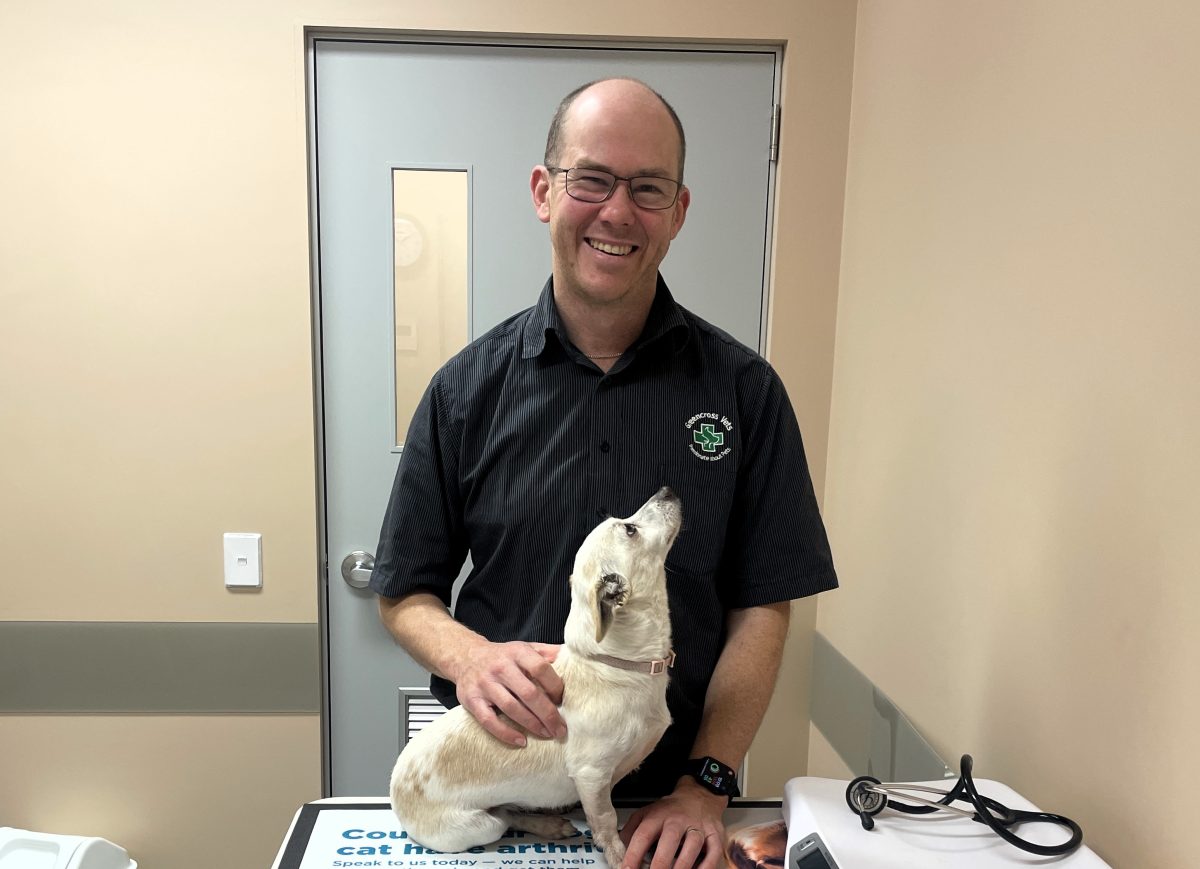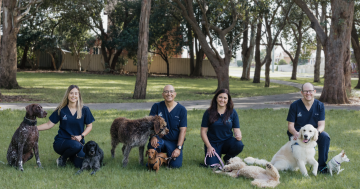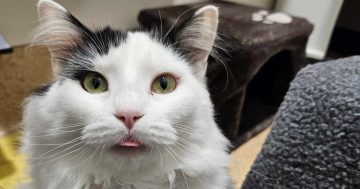
A global vaccine shortage is putting vets and shelters under pressure. Photo: File.
An ongoing global vaccination shortage is putting kittens and cats at risk of contracting three highly contagious diseases, and both veterinary clinics and animal shelters in the Illawarra are adapting their processes to stretch the limited supply and protect the most vulnerable pets.
Veterinarians are being forced to prioritise which animals receive the core F3 vaccine, usually made accessible to all cats as part of their regular disease prevention, after the critical medication was shockingly made unavailable across the region.
“It’s been quite difficult,” Greencross Vet Fairy Meadow director Dr Luke Michel said. “It sort of came on all of a sudden, so it’s not like we had a big supply and could say‘We have to put these aside for the kittens and young cats’, we just sort of found out that that was it.”
The vaccine protects against three common diseases: feline calicivirus, herpesvirus and panleukopenia, which can present with varying degrees of symptoms.
“Calicivirus and herpesvirus show more upper respiratory signs, so fever, sneezing and discharge from the eyes are the common things that you’ll see in them,” Dr Michel said.
“Panleukopenia can have similar symptoms but also gastrointestinal signs normally as well, they can get really severely affected and it can affect their immune system.”
Dr Michel said older cats that have received ongoing treatment are more likely better protected as they wait for a booster, but younger kittens could be at greater risk.
“We’ve tried to prioritise kittens that are in the middle of a course because they’re the ones that are most susceptible to it, and also the older cats that have had a few will probably be okay with a delayed booster, but it’s the ones that are still getting their immune systems set up for their life that it’s harder on.”

Dr Luke Michel said the supply shortage came on suddenly. Photo: Keeli Royle.
But once caught, the diseases can travel quickly through cat populations.
“All three are very contagious,” Dr Michael said.
“They spread it through the secretion from their eyes, nose and saliva and not just directly, if you touch them and touch another one or their bedding gets reused or even your clothing, you have to be careful.”
This is a significant concern for rescue organisations such as the RSPCA, which usually take in a large number of abandoned, stray or surrendered felines.
RSPCA shelters across the state have shut their doors to stray cats in recent weeks due to vaccine shortages, with the Illawarra shelter just one of two facilities still accepting them due to council requirements.
“All of our stray cats require a vaccination, and that’s just for disease control in the shelter because shelters are prone to getting diseases,” RSPCA Illawarra shelter supervisor Ashley Boje said.
“And we’re full in stray cats at the moment, I think we’ve only got around 10 empties in our large cattery.”
In response to the shortage, the shelter is taking additional measures to reduce the risk and spread the supply further.
“At this time, we’re not taking cat surrenders unless the owner has previously vaccinated that cat in the last six to 12 months,” Ashley said.

RSPCA Illawarra Shelter Supervisor Ashley Boje and the team are trying to reduce the risk and spread of infection with surrendered cats. Photo: Keeli Royle.
“We’ve also changed policies around our vaccinations and we’re vaccinating less often.”
“Before, we were vaccinating kittens every two weeks and we’ve extended that now to a month so that we can spread the coverage, and we’re also trying to get as many out in foster care as possible.”
A more steady supply stream is expected for early next year, but Dr Michel said that other vaccination dates have been wrong or pushed back in the past as the shortage is an issue across the globe.
“To have something you know helps and to not have access to it is quite frustrating, so we’ve just got to try and do our best to work around it,” he said.
In the meantime, there are some preventative measures to keep your cat as safe as possible, especially if they are vulnerable.
“The more you can keep them inside, the better,” Dr Michel said. “This time of year we see a lot more ticks, we see snakes, so keeping them inside is going to reduce the risk of a number of things that are going to make cats sick, so it’s good advice in general.”
“If you know someone with a sick cat, stay away from them, and if you do handle another cat make sure you’re washing your hands really well, ideally change your clothes before you see your cat.”
Pet owners are urged to stay in contact with their local vet for any supply updates and get in touch if their cat is showing any signs of being unwell.
















